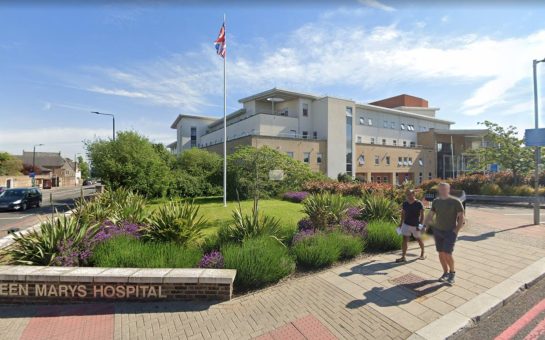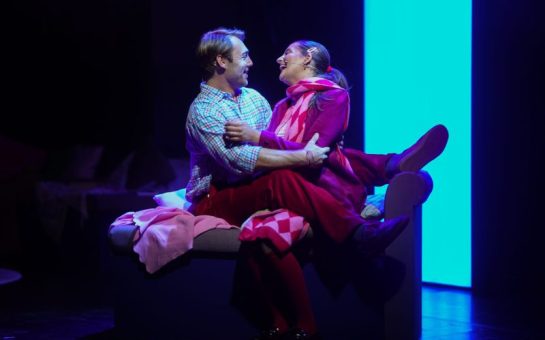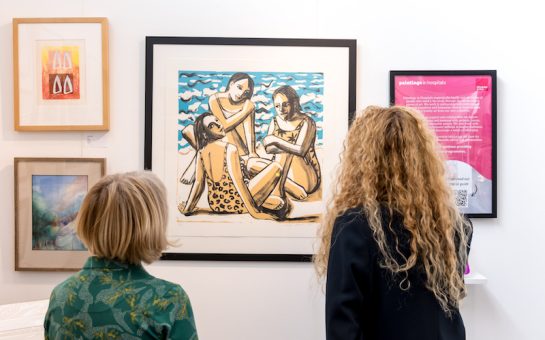Noga Erez on her first European tour, and how she’s come to be an accidental voice of protest.
I interviewed Noga over email. Understandably, as she’s just embarking on her first European tour, but written interviews are usually a bit disappointing for a journalist. They can be a little dry, and can make writing the story tough.
So you can imagine my delight when her responses landed in my inbox, full of emotive and thoughtful answers. This leads me down the rabbit hole of modern society: the internet stalk. And now it is official: I have a crush on Noga Erez.
Noga grew up in a musical home. “My parents encouraged me to chase whatever makes me happy,” she said. Her musical breakthrough began when she moved to Tel Aviv and began working in electronic music, leading to the sound she has crafted today, which has been lauded as ‘Israel’s answer to Bjork’. Here she met her partner Ori Rousso, who she credits with her musical career.
She said: “He taught me so much about music and changed my life in every aspect.”
The pair have collaborated on her debut album, Off the Radar, and are now touring together, bringing their eclectic electronic style to our streets.
A large part of the music and lyrics, and one you cannot help but notice, is the confrontational manner in which Noga speaks to the Western world, people just like her. She’s beginning to develop a reputation as having a political voice, one which she claims is only incidental.
“I don’t consider myself a protest artist,” she said. “I criticize the behaviour of the society I live in, I criticize myself, but it is more of an internal process. I do it for personal reasons. A lot of things in the world today don’t make sense to me.
“I get super pissed off witnessing injustice, corruption and ignorance. So what I do with my music is try to process it.”
Debut single Dance While You Shoot is a prime example of this dichotomy between the self and society, with a clear message aimed at the complicity of a generation born into privilege while their very existence is part of a larger, more destructive worldview.
“In the world we live in, the fact that you are able to enjoy life, dance, sing, drive around, consume, consume, consume, a lot of times means that someone else needed to have their freedom taken away,” she said.
A refreshing angle to her lyrics is her willingness to turn the blade on herself – the listener doesn’t feel accused, more aware in the complicity we may all need to atone to. She likens her musical process to therapy, the idea of “breaking something apart until you get enough perspective to be able to understand it.”
Throughout it all, Noga cares deeply for the relationship developed between the performer and the audience. “As artists we try to provide something that strikes a balance between the fact that we want to be true to ourselves but also touch people, many people.
“An artist needs the crowd more than the crowd needs the artist. We exist on the love and support of people, it’s our motivation, energy and our finance,” she said.
This relationship is admittedly complicated one, as it is easy to lose yourself as an artist through praise and adoration of the crowd, she said. “There’s an addictive quality to getting on stage and having people so into the music, so connected with you. It can easily become something you try to recreate, to duplicate. It’s a dangerous place to be.”
For now at least, it seems as if Noga is striking the perfect balance. Thought-provoking, fun and unique, her sound is of her generation and her star appears to be rising. I’m off to her gig at Corsica Studios on October 26, and am looking forward to seeing my new favourite electronic artist at work. Watch this space for the follow-up.




